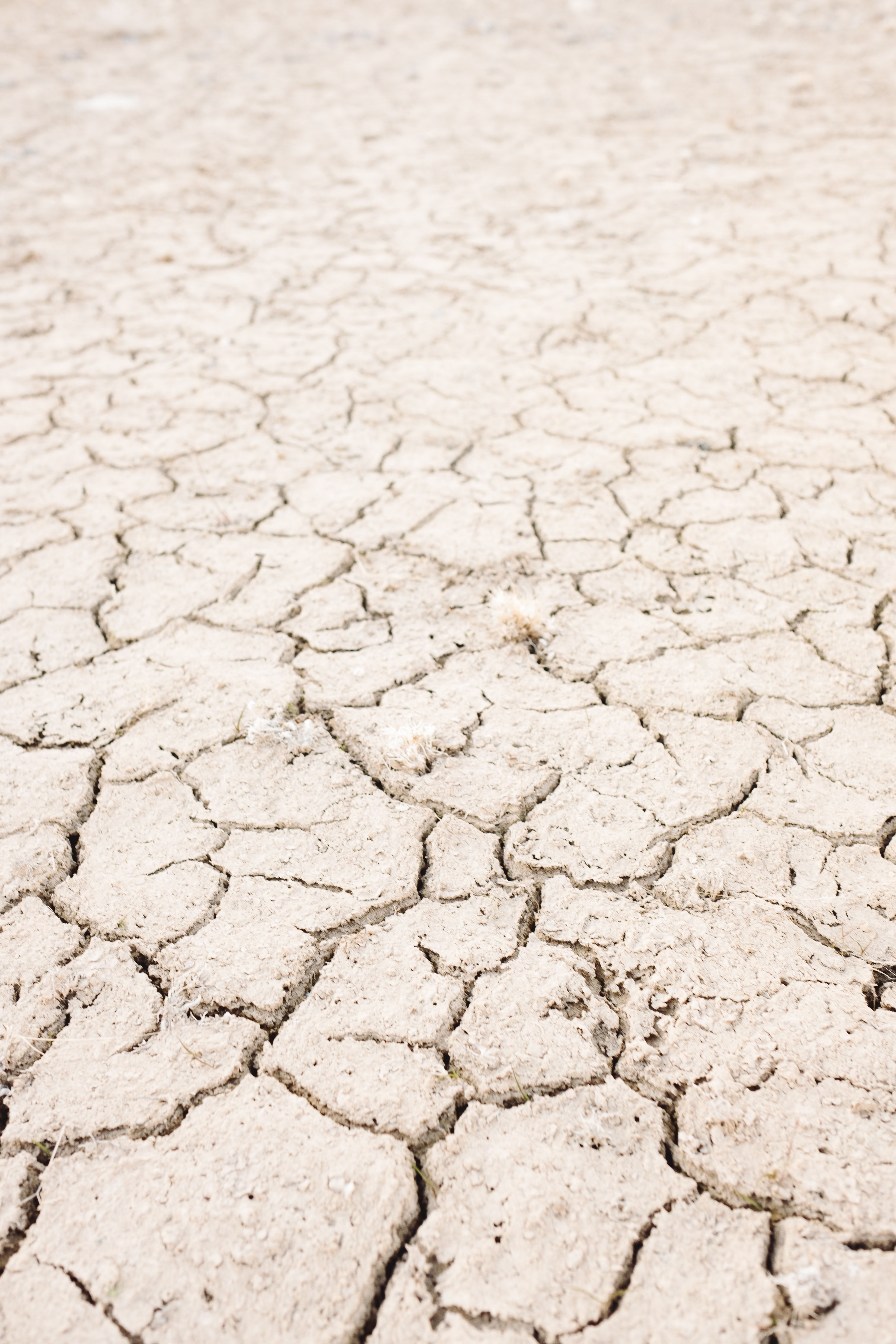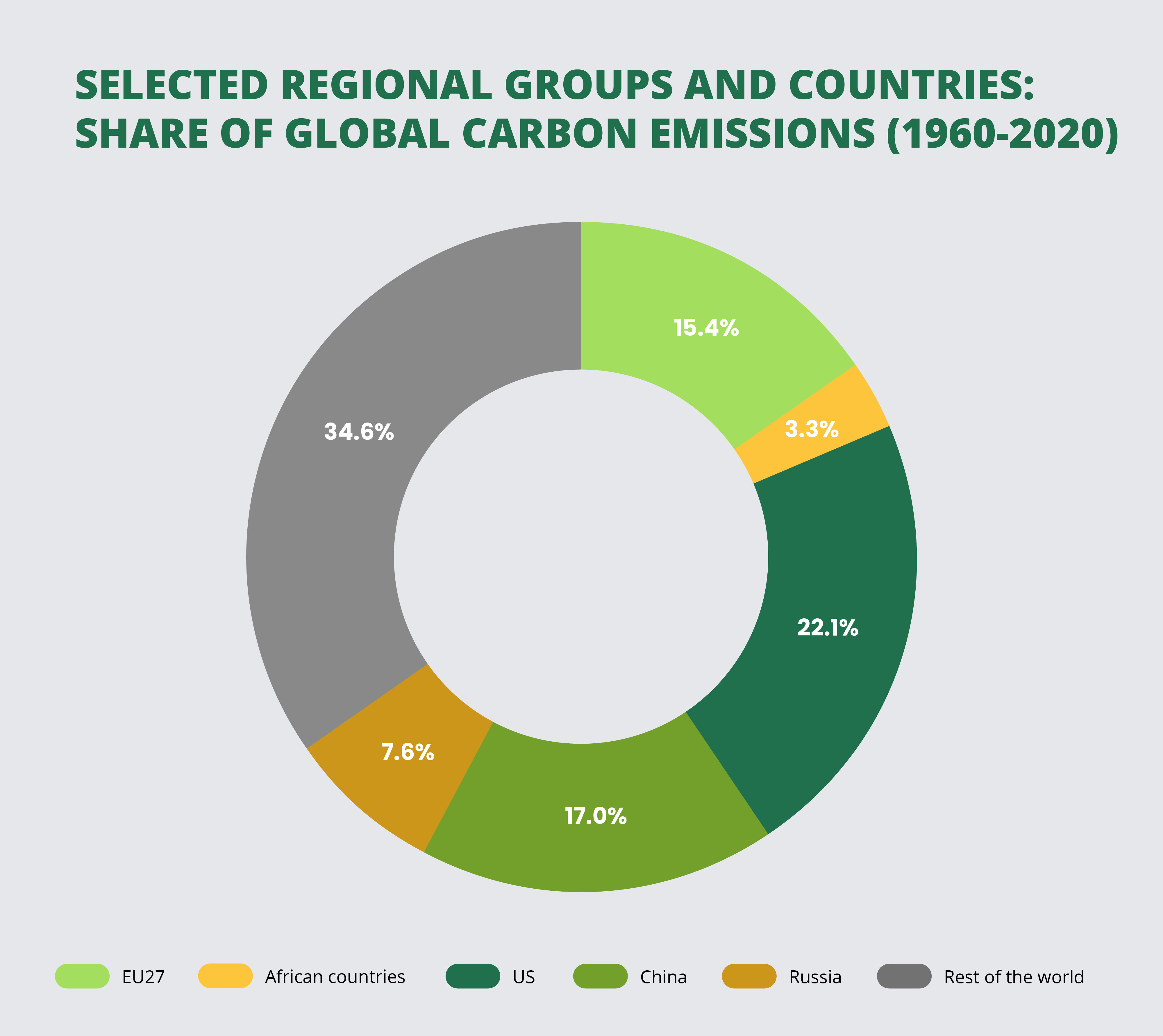- Energy and Climate
Access to Energy: inequality between Europe and Africa, and between African countries
- Chahaiya Pilkington
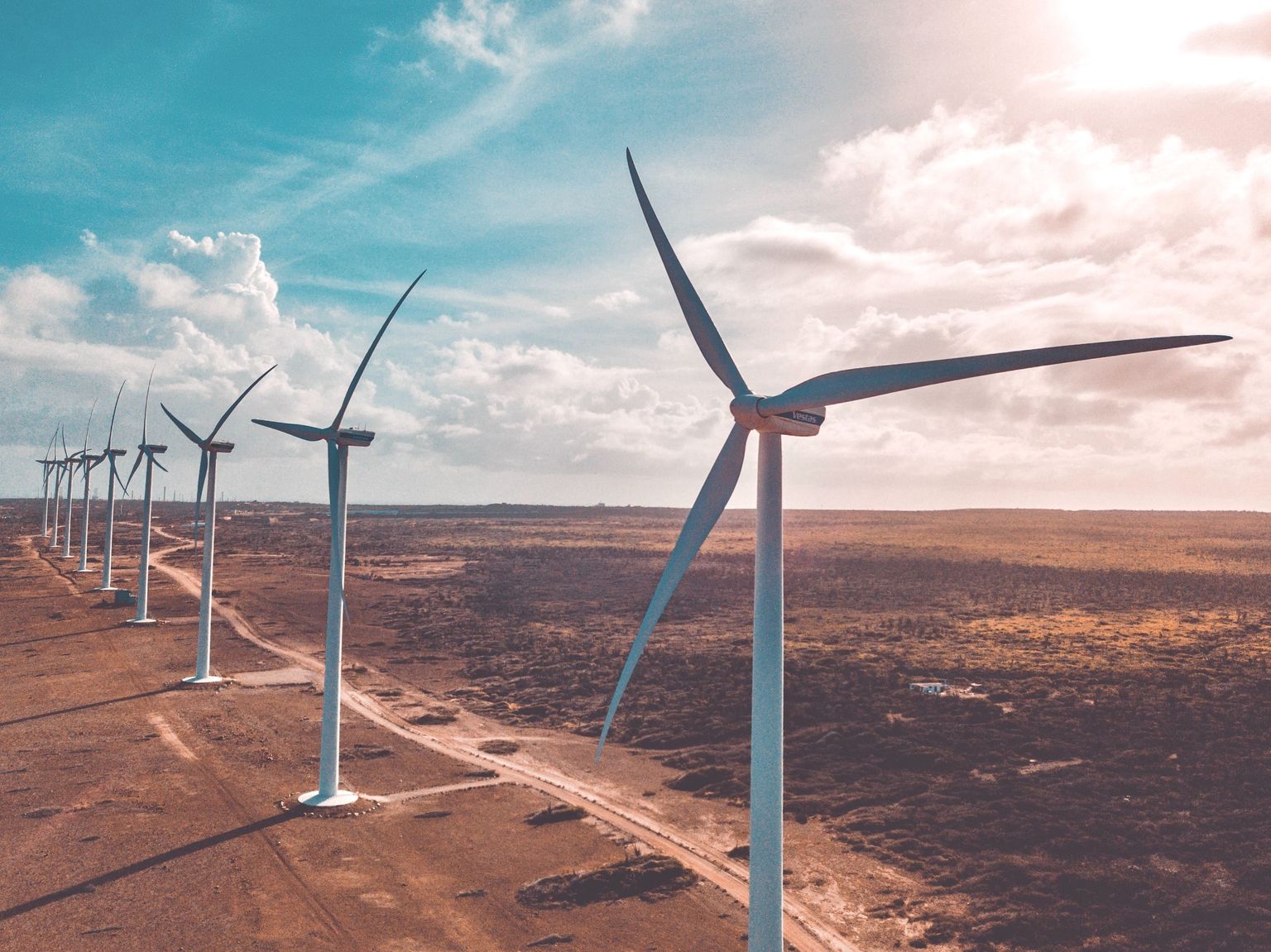
‘The data for this story were compiled and visualised by the Mo Ibrahim Foundation. View more here.’
Access to energy is still very limited in many parts of Africa, whereas it is universal within the European Union (EU).
However, EU bares a much larger responsibility for climate change, with a longer and greater legacy of carbon emissions compared to Africa. The 2022 IPCC report emphasised the role of colonialism in creating vulnerability to the effects of climate change, as well as inequalities in historical carbon emissions.
As a result, the African continent is faced with the unprecedented challenge of developing its energy supplies while reducing carbon emissions.

Related content
600 million
Africans remain off-grid
54.7
Just over half of the 1.3 billion people living in Africa, have access to electricity
Mo Ibrahim Foundation
-
In 2019, the entire population of the EU, accounting for just under 445 million people, have access to electricity, while only just over half (54.7%) of the 1.3 billion people living in Africa, have access.
-
Almost 600 million Africans remain off-grid, more than 1.3 times the population of the EU.
-
There are stark inequalities between African countries. Egypt for example has 100% coverage while South Sudan only has 6.7% coverage.
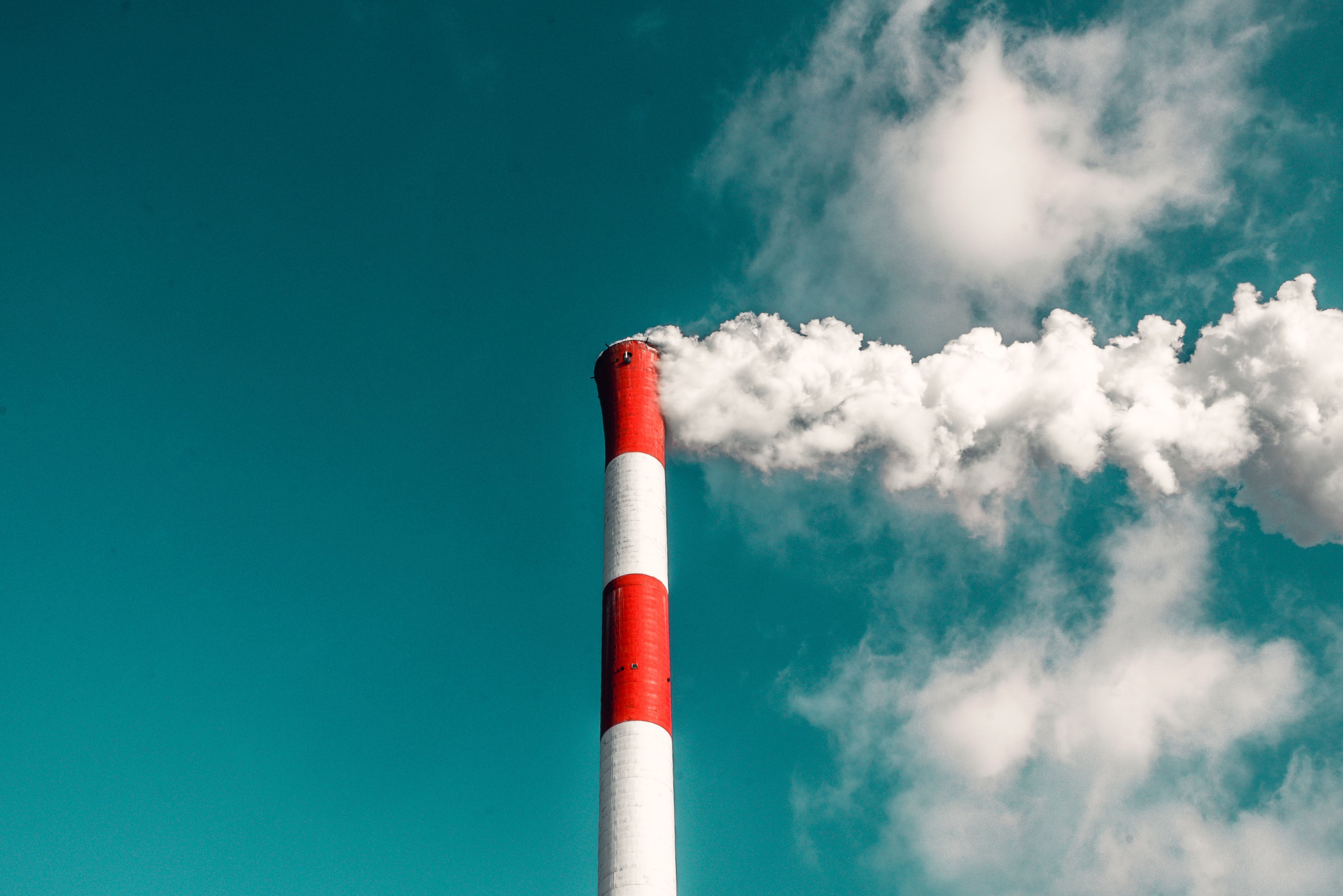
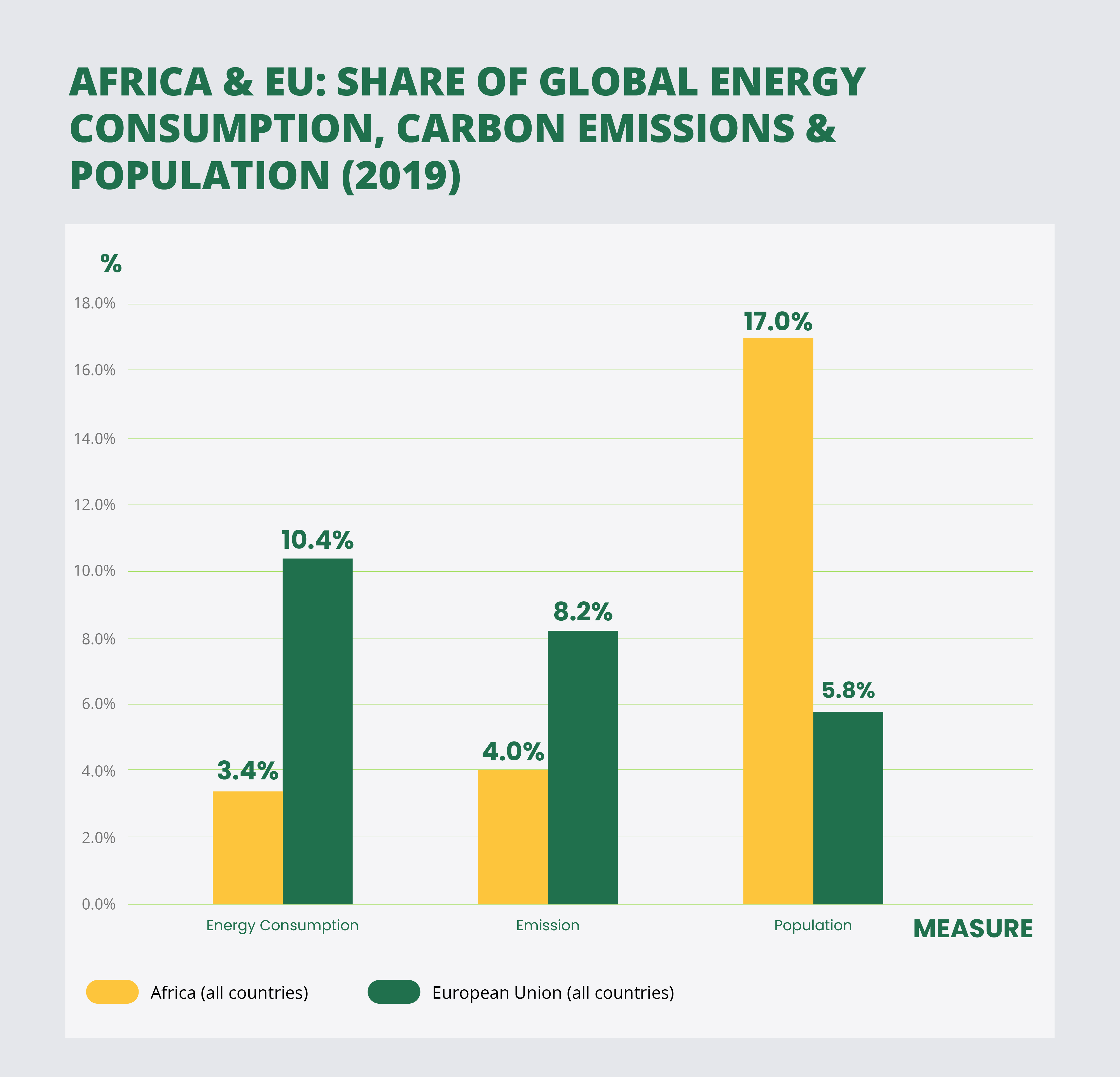

Africa accounts for 17.0% of global population but only for 3.4% of global energy consumption, while European Union represents 5.8% of global population but accounts for 10.4% of global energy consumption.
Africa’s energy consumption is growing steadily.
It has increased almost eight-fold in absolute terms since 1965, while its population has increased four-fold in the same period.
At 3.4% in 2019, Africa’s share of global energy consumption has doubled since 1965 (1.6%).
In 2019, South Africa alone accounted for over a quarter of Africa's energy use.
"No other continent in history has been tasked with the challenge of developing without polluting, whilst being simultaneously the major victim and lowest contributor to emissions” - Olusegun Obasanjo, former President of Nigeria.
“No other continent in history has been tasked with the challenge of developing without polluting, whilst being simultaneously the major victim and lowest contributor to emissions”
Africa's share of the global carbon emissions (4.0%) is less than half its share of the global population (17.0%), while the EU’s (8.2%) is considerably higher than its share of the global population (5.8%).
EU emissions still twice as high as Africa’s, despite opposing trajectories
Africa’s carbon emissions are steadily going up and reached their highest ever levels in 2019.
The EU’s carbon emissions have declined from a peak in 1979, yet in 2019 were still over twice as high as Africa’s.
Africa’s historical climate footprint is incomparable to the EU’s. Germany alone accounted for 4.2% of global carbon emissions between 1960 and 2020, more than all African countries combined.
